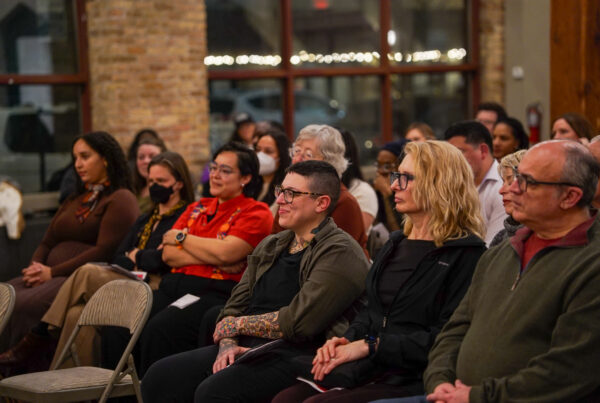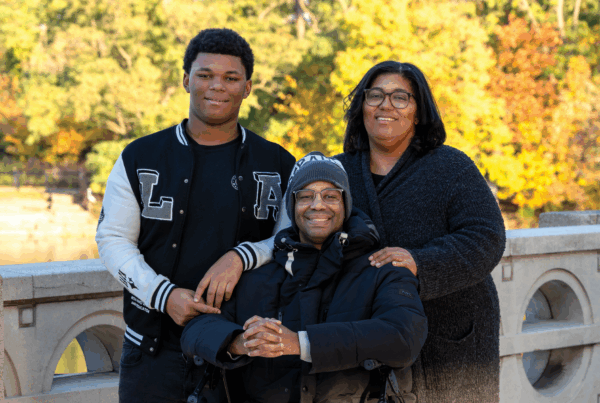By Samuel Carlson, Manager of Research and Outreach
As of November 14, Illinois landlords can begin filing eviction cases unless tenants provide a written statement that they should be protected by the COVID-19 eviction moratorium.
Since March 2020, Gov. Pritzker has put a moratorium (or freeze) on most eviction case filings in Illinois. A new executive order extends the moratorium another 30 days, but with fewer protections that will make it easier for Illinois landlords to evict their tenants. These changes apply until at least December 12.
What are the changes?
To be protected by the new Illinois moratorium, you must sign and deliver a declaration to your landlord saying that you:
- Fell behind on rent because of COVID-19,
- Expect to make less than $99,000 in 2020 (or $198,000 for couples),
- Used best efforts to make partial payments toward rent, and
- Would become homeless (including doubling-up) if you are evicted.
Your landlord might already know that you were impacted by COVID-19, but this form is still required. You need to give your landlord this signed declaration in a way you can prove – like text, email, certified mail, or in-person with witnesses.
Is rent still due?
Yes, unpaid rent is still due. An eviction moratorium does not relieve the obligation to pay rent, nor reduce the amount owed to a landlord. Also, most moratoria allow landlords to charge late fees for late rent. Although past-due rent and late fees are still required, tenants can prevent an eviction with full payment of past-due rent (known as a “cure”) or another formal agreement with their landlord.
Need help?
- Chicago Coalition for the Homeless can provide support with filling out the required declaration form. Call our Law Project’s toll-free helpline at
1 (800) 940-1119 for help. - For other eviction-related legal assistance, contact Lawyers’ Committee for Better Housing Eviction Prevention Project at
(312) 347-7600 or Rentervention.com.
Changes to the eviction moratorium not only put an additional burden on renters to “prove” they meet protection requirements, they will also have a disparate impact on Black and Latiné households. In Chicago, a majority of Black (69%) and Latiné (63%) households report having serious financial problems because of COVID-19. These new requirements add new barriers to safe and stable housing during this pandemic.
Since the start of the pandemic, about half of Chicago households (51%) report household members having lost businesses or jobs, been furloughed, or had wages or hours reduced. Without robust eviction protections and additional rent relief, both Chicago and the state of Illinois will see a massive influx in people experiencing homelessness.







